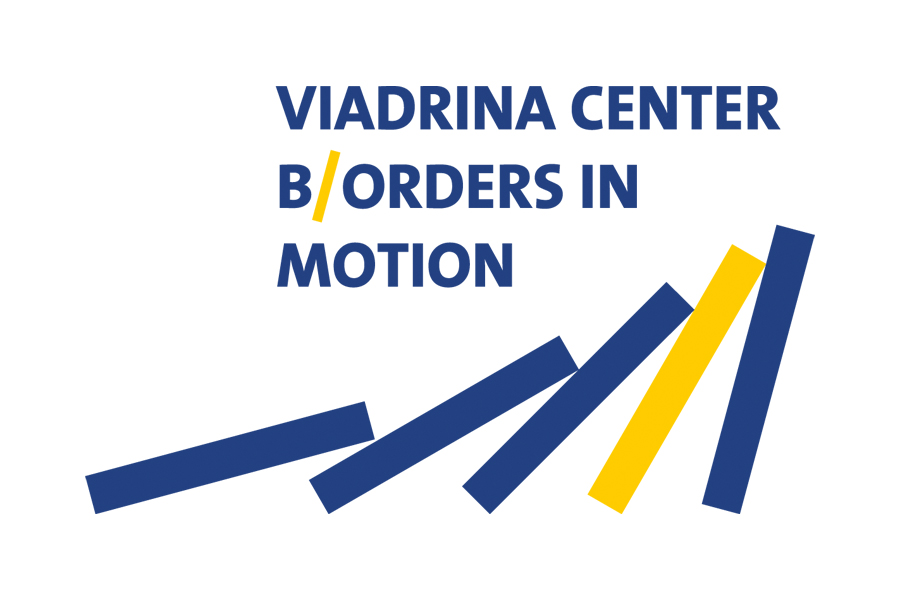Summer School "Border Theoretical Perspectives on Social Orders, Flight and Migration"
Border-theoretical perspectives on social orders, flight and migration
From 23 to 28 September 2019, the Viadrina Center B/ORDERS IN MOTION hosted its second summer school.
The summer school opened with a public lecture on 23 September:
"Beyond Sovereign Exclusion: Progressive Alternatives to the Wall" by Prof. Dr Matthew Longo (Leiden University)
Border-theoretical perspectives on social orders, flight and migration
The question of an appropriate approach to flight and migration dominates political debates around the world. And at the centre of the controversies is the design of state borders. The dynamics of state borders and refugee and migration movements interact in an ambivalent way. Political-territorial borders constitute, mark and stabilise economically, socially and politically differentiated orders that can produce unequal living conditions and thus create incentives for cross-border migration. Military conflicts over territorial borders are an additional cause of flight and migration. However, state borders also enable the existence of peaceful internal orders - and at the same time can deny refugees and migrants access to protection and better life prospects. State borders are therefore multidimensional. They can simultaneously divide and unite.
This complexity of political-territorial borders is insufficiently recognised in political discourse. On the one hand, the fortification of national borders becomes a populist promise to protect one's own population from external dangers and uncontrolled immigration. One example was Trump's plan to build a wall on the southern border with Mexico. And the Hungarian government has fortified the EU's external border with a fence.
On the other hand, it is pointed out that the closure and militarisation of national borders has morally and ethically unjustifiable consequences. Thousands of people lose their lives trying to reach another country in search of protection from persecution or a better life.
Selected topics
The B/ORDERS IN MOTION 2019 summer school focussed in depth, both theoretically and methodologically, on questions relating to the effects of state borders on social orders, flight and migration.
Firstly, the focus was on a conceptual definition of the state border and its functions as a practically effective membrane, as a symbolic promise of order and protection, and as an identity-forming institution. How do these different dimensions interact and what effects do these interactions have on the design of the political-territorial border?
Secondly, the state border was analysed with a view to cross-border cooperation. The European Union deploys enormous political, legal and financial resources to achieve the cohesion of cross-border euro regions. These areas of interdependence overlap national competences and form their own "spaces of power". How do these changed contexts influence the design and effectiveness of borders?
Thirdly, social practices of drawing and appropriating borders (based on interactions, narratives, materiality, etc.) were analysed. Questions were asked about how and through which social practices borders are created, actualised or also undermined.
Fourthly, the status-assigning function of borders and the associated social positioning were analysed. Since crossing a border is always associated with a change in status - e.g. citizens become foreigners - the question was asked where and how the status of migrants is negotiated. To what extent does this allow conclusions to be drawn about the change in social order and the border regime?
And fifthly, the transformative effect of cross-border flight and migration on social orders and political border demarcations was analysed. Migrants are not mere objects of state measures, but actors capable of taking action. What impact do their resistant practices have on maintaining or changing existing social orders and demarcations?
